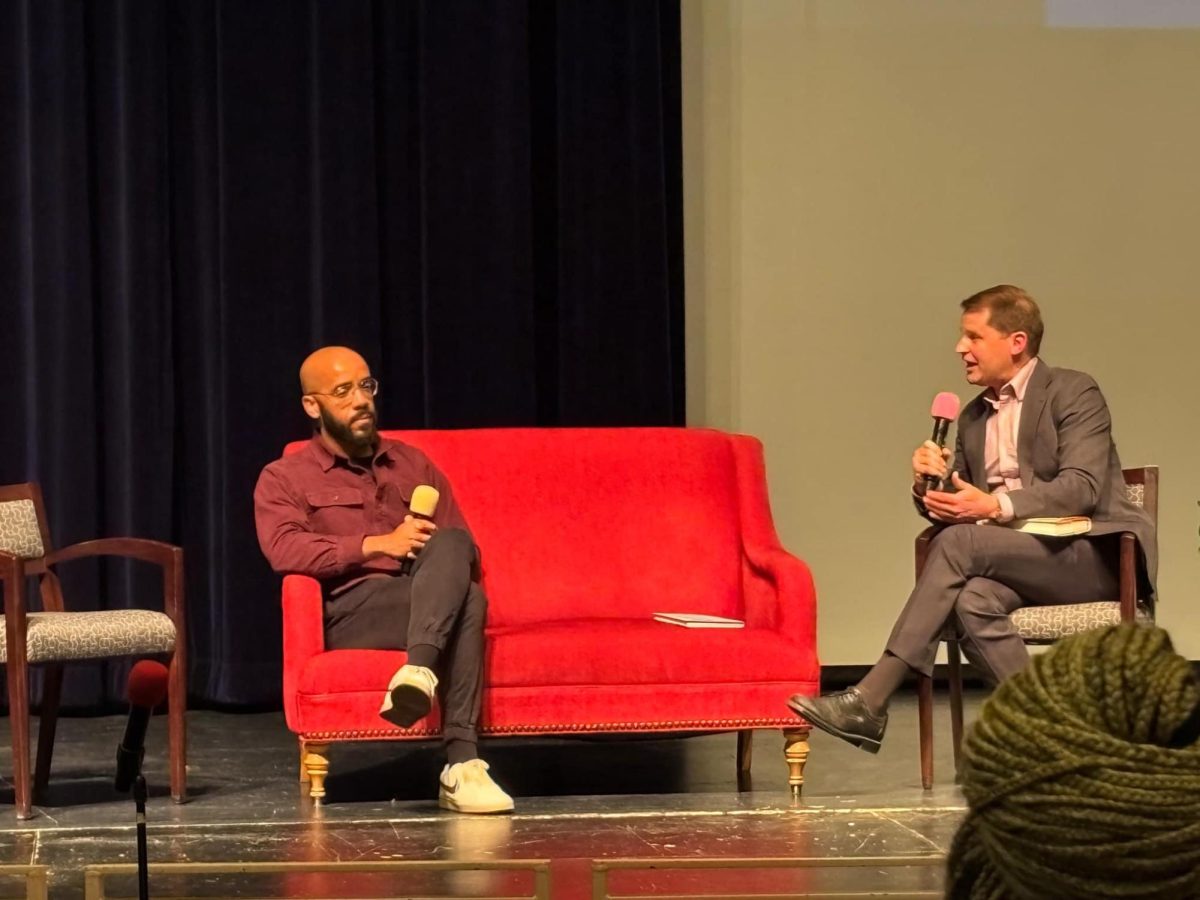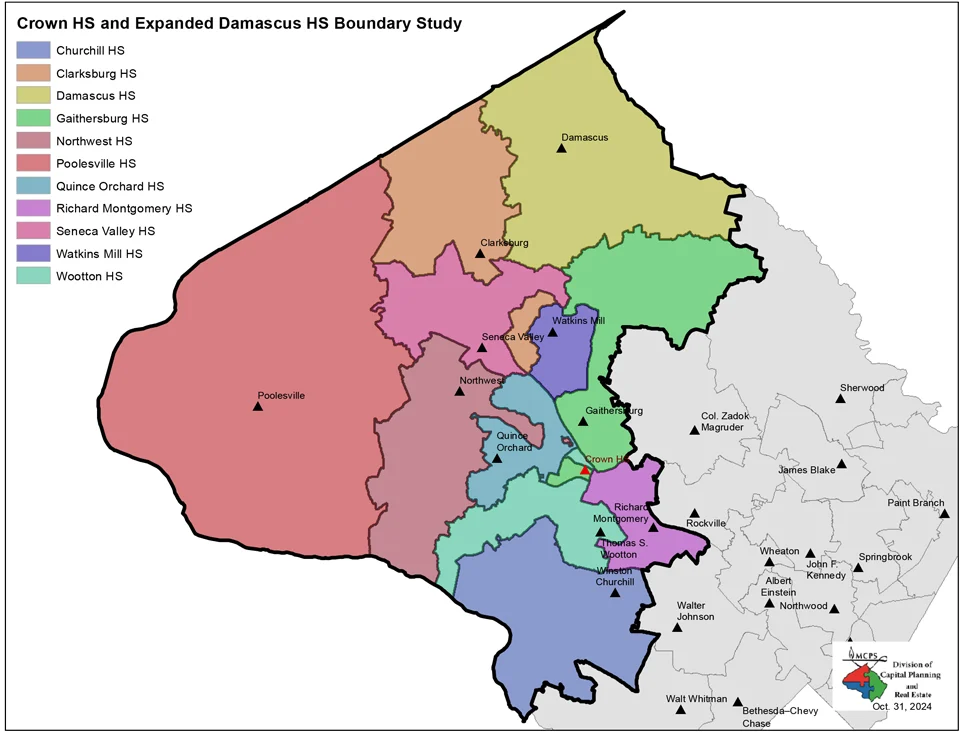President Obama signed legislation Thursday repealing and replacing the No Child Left Behind Act, marking a significant step for education reform.
The new Every Student Succeeds Act (ESSA) includes provisions to place more power in the hands of individual states rather than the federal government. The Senate approved the act Wednesday by a landslide majority of 85-12. The bill also had significant support in the House of Representatives, passing with a bipartisan majority of 359-64 earlier this month.
The Bush administration’s goal for No Child Left Behind (NCLB) was to close the achievement gap between high- and low-performing schools, which many say it hasn’t accomplished.
The NCLB has been widely criticized for its emphasis on test driven accountability practices. Schools face consequences if students do not achieve a certain level of proficiency and certain school systems also use scores to determine teacher salaries and job status.
The biggest change from NCLB to the ESSA is the removal of consequences for students not passing the reading and mathematics exams.
The ESSA also allows individual states to create their own criteria for judging school quality in place of the former federal standards. States will also develop their own means to deal with low-performing schools. The federal government can’t continue to institute national standards for education like Common Core, placing the long-term success of the initiative in jeopardy.
But, as under NCLB, states are still required to administer standardized exams in reading and mathematics starting in grade 3 and continuing throughout high school. The ESSA will also continue to track student achievement and group data by race, disabilities, income level.
Both the political left and right praised the act as a triumph of bipartisanship.
“When we come to a bipartisan consensus like this, I think the country accepts [the bill] a lot better,” Lamar Alexander (R-Tennessee) said to Politico.
The senator also claimed that the initiative will reduce the number of standardized tests students take, a measure opponents of the NCLB support.
Many attribute the success of the bill to the balance it was able to strike between Republicans’ desire to return educational power to states and Democrats’ goal of advocating for minorities.
The bill also had significant support from the National Governors Association and the National Education Association (NEA).
The ESSA marked “an end to our national nightmare,” said Lily Eskelsen Garcia, the head of the NEA, to The Washington Post
Still, not everyone believes the bill is an improvement over its predecessor. Opponents claim that locally-controlled schools before NCLB did not adequately meet student needs, and the ESSA may reverse progress. The bill has also received criticism by some who claim that the bill does not go far enough to remove federal power from education, most notably by Presidential candidate Senator Ted Cruz (R-Texas).
The ESSA was the one of the largest steps in education reform since the NCLB was passed almost fourteen years ago, and lawmakers are hopeful that this bill will succeed in improving education throughout the country.
“This forward-looking replacement for a broken law would open new opportunities for our kids and put education back in the hands of those who understand their needs best: parents, teachers, states, and school boards,” Senate Majority Leader Mitch McConnell (R-Kentucky) said on CNN.








